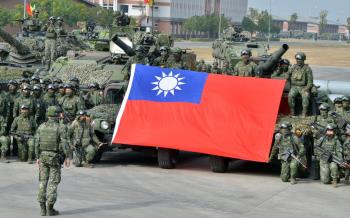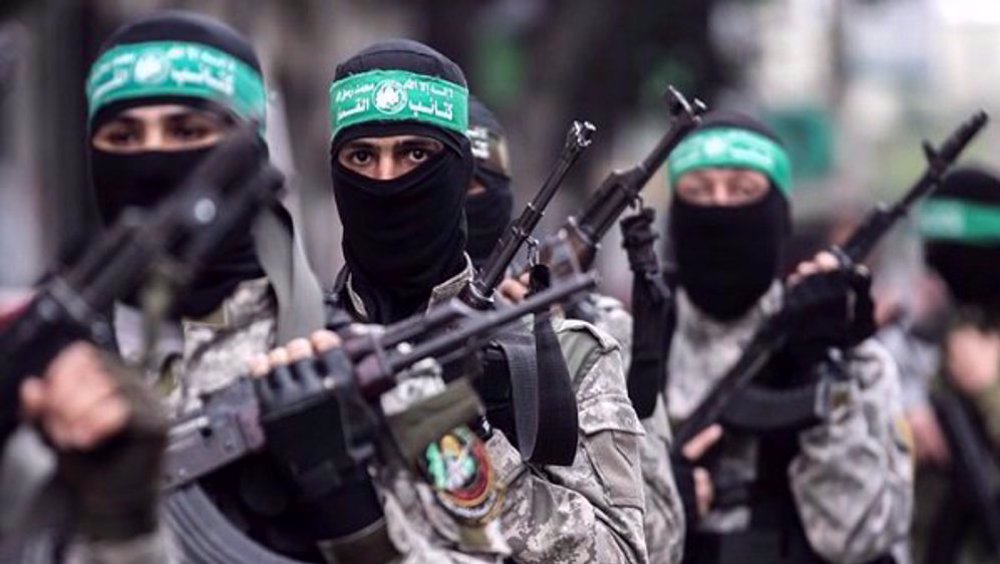Alwaght- Leaders in the Palestinian resistance groups and Yemen's Ansarullah movements have recently met to coordinate attacks on the Israeli regime, a report by AP has said.
AFP quoted unnamed Palestinian sources as saying on Friday that the “important” meeting was held last week to discuss “mechanisms for coordinating resistance actions” against Israel.
The news agency did not specify the location of the meeting in addition to the names of the leaders of the Palestinian resistance groups and the Houthi Ansarullah participating in it.
“An important meeting was held last week in which senior leaders from the Hamas, Islamic Jihad, and Popular Front for the Liberation of Palestine participated with the Yemeni Ansarullah movement to discuss coordination mechanisms between these factions regarding resistance actions in the next stage,” the news agency said.
The Yemeni resistance movement, the report said, vowed to keep up its retaliatory attacks on the Israeli-owned and -bound vessels in the Red Sea in support of Palestinians in Gaza.
“The Ansarullah movement confirmed during the meeting that it will continue its operations in the Red Sea against ships heading to the enemy (Israel) to support the Palestinian resistance,” one of the unknown sources was quoted as saying.
“The meeting also discussed the complementary role of Ansarullah with the Palestinian factions, given the possibility of Israel invading Rafah.”
In recent days Yemen's Ansarullah has dramatically added to the range of its missiles fired on the Israeli and allied ships.
Yesterday, General Yahya Saree, the spokesman for Yemeni Armed Forces, said that Yemeni forces started targeting Israeli and American ships in the Indian Ocean, departing from the policy that for four months kept the operations limited to the Red Sea.
RIA Novesti news agency of Russia reported on Friday that Ansarullah has recently test-fired a hypersonic missile that could be a game-changing development. The missile is meant to be used to strike Israeli regime, the report said.
The new developments come as Netanyahu on Thursday approved a plan presented by the military to invade Rafah, a southern Gaza city that shelters 1.4 million displaced Gazans.
On the northern border of the Israeli regime, Hezbollah, too, stepped up its attacks on the Israeli positions. The Lebanese resistance movement began to attack farther regions recently in a bid to put heavier pressure on Israel.
With the resistance camp further coordinating its attacks beside intensifying them, Tel Aviv should expect tougher actions should it begin Rafah Invasion.



























